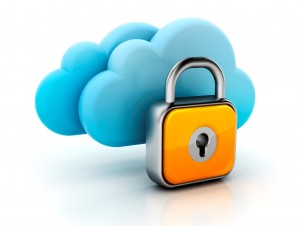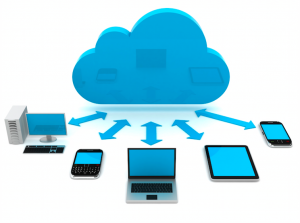
By Gadjo Cardenas Sevilla
There have been many recent cases of massive cloud service breaches and failures resulting in loss of privacy and personal information. Here are some tips to consider.
The Cloud is a series of server farms where the majority of our online data resides. While companies go through lengths to keep this data secure and encrypted, various recent incidents of massive data breaches and stolen passwords have resulted in private photos getting out in the open as well as personal passwords and critical information getting compromised.
The emergence of cloud computing has helped make things more convenient and more accessible to users. The benefits of cloud computing far outweigh the risks. However, it is still apparently a nascent technology, one whose deficiencies and weaknesses are open to exploitation by hackers who have many methods of stealing data. So, what can users do to keep their information from getting compromised.
1. Don’t post anything online that you’ll later regret – While this may be a simplistic answer, it addresses the root of the problem. If personal private photos need to exist, don’t use your smartphone to take them, anything on a smartphone is essentially connected to the Internet.
All data gets backed up on a server and lives long after you’ve moved to a new device. This applies specially to credit card numbers, national identification number, home address, etc. Once it is on a server, it is vulnerable. Keep this information offline as much as possible.
2. Back-up data locally – By locally we mean off the grid. Get an external USB-powered hard drive and make sure you run regular and consistent backups of your valued information. While it is convenient to keep data in the cloud, having another backup, in a physical disc, ensures you can recover from any catastophe or data loss.

3. Change passwords often – Many people use the same password for various services and this sis dangerous.
Once a hacker figures this out, it is like you’ve given them the key to your life. Remembering passwords is a pain specially now that we deal with dozens of services requiring this information. There are options like 1Password which uses encryption and manages all your passwords securely. The rise of biometrics, like Apple’s Touch ID, adds another layer of security that might aid access accounts and services.

4. Employ two-step verification – Many services now allow two-step verification to ensure you are really the person accessing the service. Aside from requiring passwords, two-step verification will send a code in the form of a text message or email that will go to a trusted number of email address. You need to enter this within a specified period of time or it expires. Many cloud services are offering this extra step, while tedious it is safer and should be considered.
5. Be conscious of your usage – Do you use the Internet from public terminals? Make sure you log off from your services such as email or your bank before leaving. Ensure that you’ve set the browser not to remember passwords. All it takes is one slip up for someone to casually grab that information and access your accounts.
Cloud computing is the future and it is a powerful and empowering solution to carrying your data everywhere with you and on any device. It is also a clear target for hackers who now don’t need to access individual computers but can now get access to hundreds and event thousands of accounts, and the information they hold, by hacking a cloud service. Companies do their best but users should also be aware and make it harder for cloud breaches to affect them.



